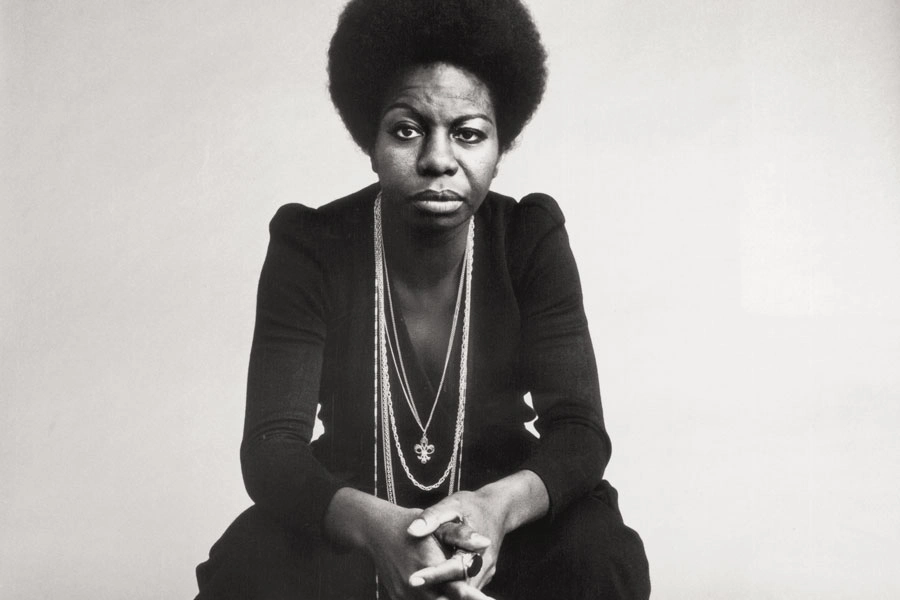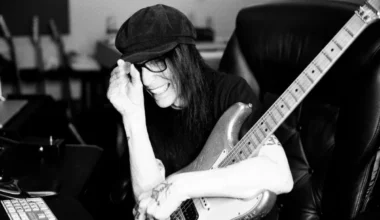Nina Simone, an iconic soul singer, stood out as one of the few artists who didn’t require The Beatles to make an impression on her. Like the Fab Four, she began her career by performing cover songs in dive bars, often for minimal pay. The key distinction lay in the fact that Simone, a young black woman, aimed to establish her reputation in a racially segregated nation, while The Beatles were riding the wave of rock and roll’s popularity, originally pioneered by black Americans.
Nina Simone never came across as bitter or even very worried about The Beatles. Simone had been performing and writing since at least the mid-1950s by the time they became well-known pop culture figures. However, Simone witnessed the shift in popular music culture and how it helped British musicians like The Beatles.
In 1968, Simone said, “The Beatles are lucky, very lucky,” to Down Beat Magazine. However, in a way, what happened to them is not related to them. The Beatles arrived at the ideal moment. They were the centre of attention. They got the opportunity to develop in nearly any direction they wanted to achieve. Very lucky.
“They don’t have exceptional talent. Ah, ah. They could be. However, they are only now beginning to produce,” Simone stated. “Friend, they recently realised they are talented. They had enough time to consider their gift and develop it as they saw fit, free from conflict with those around them thanks to the kindness of fate.
Not that Simone enjoyed the same level of luxury. Simone was fighting racial inequality with songs like “Mississippi Goddam” while The Beatles were playing “I Want To Hold Your Hand” on The Ed Sullivan Show. Her rise to popularity as one of the most influential and well-respected voices in the American Civil Rights movement certainly hurt her chances of becoming a big pop star.
If Simone had been given The Beatles’ opportunities, what would she have done? She said, “Exactly what the Beatles did.” If only I could have completed it earlier. There are countless options for actions. It is possible to change chords, rhythms, and even entire concepts. However, it won’t function in a performance or on a record unless you can get people to buy it.
“The first thing I would have done, six years ago, if there were no restrictions, would have been to please don’t print this.I would have preferred to have done that,” Simone said in closing. “Would like to do it still.” Though it’s unclear what exactly she left behind in that area, Simone never shied away from asking for the same opportunity as her peers.








